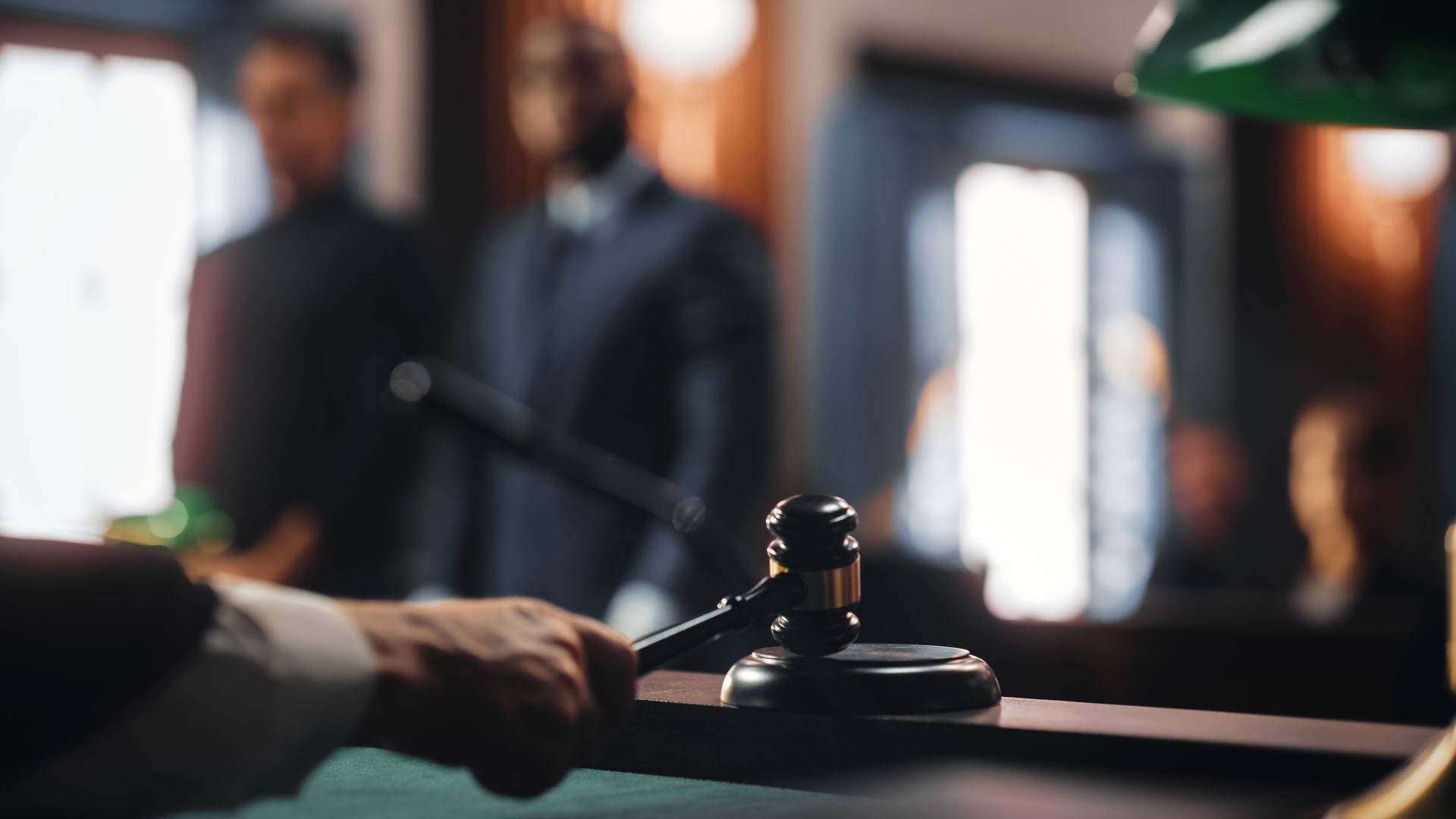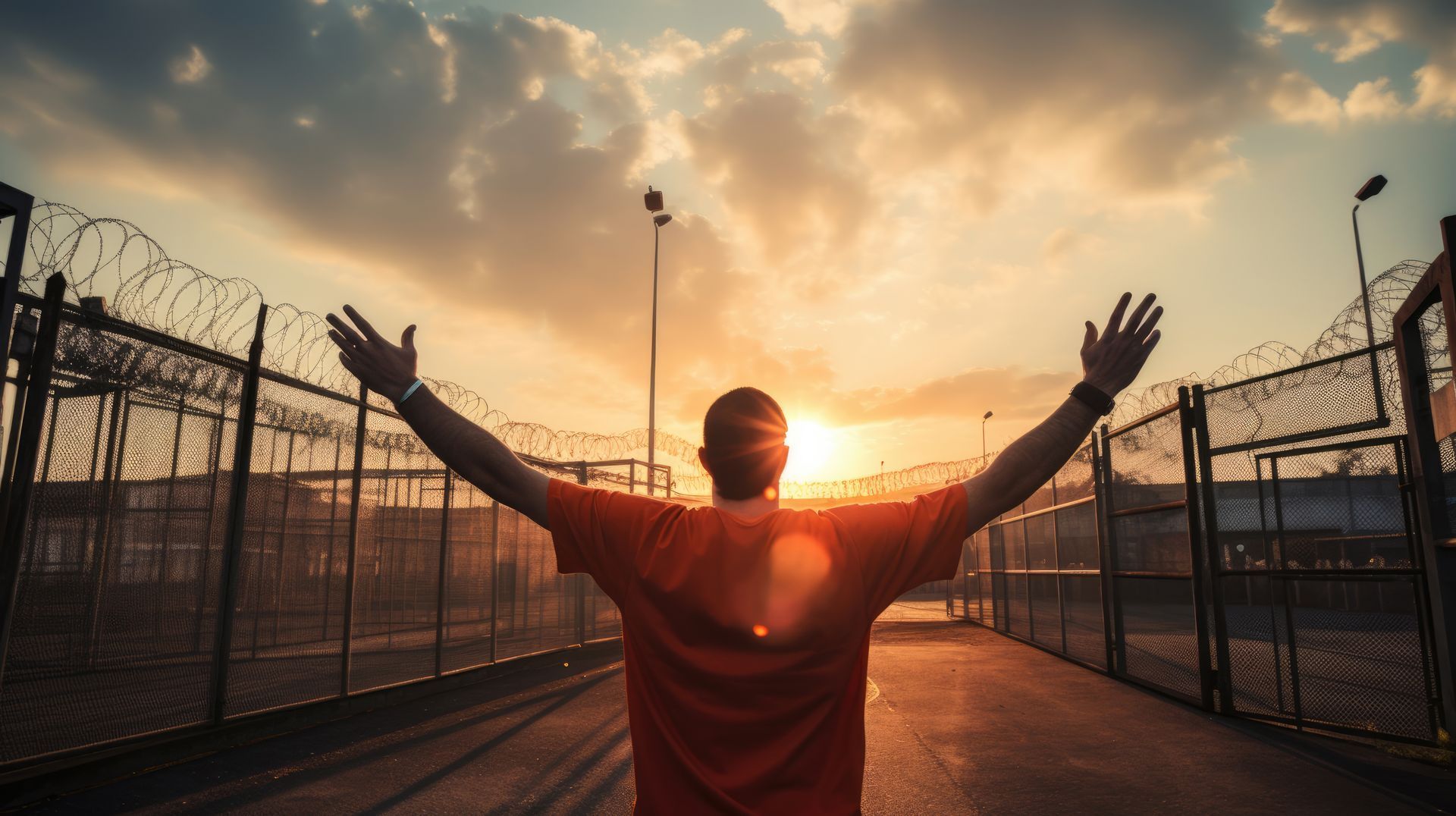What to Expect During a Drug Offense Trial

Facing a drug offense charge can be a daunting experience, laden with anxiety and uncertainty. Many people charged with these crimes feel hopeless about the outcome, assuming the evidence or testimony being used against them will be insurmountable.
There is always hope. Defendants should keep in mind that prosecutors and law enforcement are held to strict standards to prevent wrongful convictions. Mistakes during arrests, searches, interrogations and evidence handling are more common than many people realize.
If you want to know about potential strategies, plea expectations or just want more information about the charges you’re facing, don’t hesitate to contact the Law Office of Michael Alarid III.
Arrest and Charges
The trial process begins with an arrest, typically following a police investigation or sting operation.
Upon arrest, you will be informed of your rights, including the right to remain silent and the right to an attorney. The charges can range from possession and trafficking to manufacturing and distribution, each carrying varying degrees of severity and potential penalties.
Initial Court Appearance
Your first court appearance, often called an arraignment, occurs shortly after your arrest. During this hearing, the charges against you will be formally read and you will be asked to enter a plea of guilty, not guilty or no contest.
Key aspects of the arraignment:
- Bail Determination: The judge may set bail, which is the amount of money required for your release until trial. Factors influencing bail include the severity of the charges, your criminal history and flight risk.
- Legal Representation: If you cannot afford an attorney, the court will appoint a public defender to represent you.
Pretrial Motions and Hearings
After the arraignment, there are several pretrial steps to set the groundwork for the trial.
- Discovery Process: Both the defense and prosecution exchange evidence they plan to present at trial. This includes police reports, witness statements and forensic evidence. The discovery process ensures both sides are aware of the evidence and can prepare their cases accordingly.
- Pretrial Motions: Your attorney may file various motions to shape the trial's framework.
Common motions include:
- Motion to Suppress: Requesting certain evidence be excluded, often on the grounds that it was obtained unlawfully.
- Motion to Dismiss: Arguing that the case should be dismissed due to lack of evidence or other legal reasons.
- Motion for Change of Venue:
Requesting the trial be moved to a different location, often due to concerns about finding an impartial jury.
Jury Selection
If your case goes to a jury trial, the next step is jury selection, also known as "voir dire." During this process, potential jurors are questioned by both the defense and prosecution to determine their suitability for the case. The stated goal is to select an impartial jury free from biases that could influence the trial's outcome, but attorneys for the state and defense will be attempting to dismiss jurors based on factors they believe indicate a potential juror’s disposition to the alleged crime and defendant.
Key points in jury selection:
- Peremptory Challenges: Each side can dismiss a certain number of potential jurors without giving a reason.
- Challenges for Cause: Potential jurors can be dismissed for specific reasons, such as a demonstrated bias or conflict of interest.
Opening Statements
With the jury in place, the trial begins with opening statements from both the prosecution and defense. These statements provide an overview of the case and outline what each side intends to prove. Opening statements are not evidence but serve to set the stage for the arguments and evidence to follow.
Presentation of Evidence
This phase constitutes the core of the trial, where both sides present their evidence and call witnesses to testify. The prosecution presents its case first, followed by the defense.
Prosecution's Case: The prosecution bears the burden of proof and must establish the defendant's guilt "beyond a reasonable doubt."
This involves presenting evidence such as:
- Witness Testimony:
Police officers, experts and other witnesses who can provide firsthand accounts or expert analysis.
- Physical Evidence: Drugs, paraphernalia or other materials seized during the arrest.
- Documentary Evidence:
Surveillance footage, forensic reports and lab results.
- Defense's Case: The defense aims to refute the prosecution's evidence and introduce doubt.
This can involve:
- Cross-Examination: Questioning the prosecution's witnesses to challenge their credibility or the validity of their testimony.
- Defense Witnesses: Presenting witnesses who can support the defendant's case or provide an alibi.
- Expert Testimony: Calling experts to dispute forensic evidence or provide alternative explanations.
Closing Arguments
After both sides have presented their evidence, closing arguments provide an opportunity to summarize the case and reinforce key points. The prosecution and defense each aim to persuade the jury of their respective positions.
Key aspects of closing arguments:
- Prosecution: Reinforces the evidence presented and argues why it meets the burden of proof.
- Defense: Highlights inconsistencies in the prosecution's case and emphasizes any reasonable doubt.
Jury Deliberation and Verdict
Once closing arguments are concluded, the jury is given instructions by the judge and retires to deliberate. Deliberations can take hours or days, depending on the complexity of the case and the evidence presented.
Possible Outcomes:
- Guilty: If the jury finds the prosecution has proven the case beyond a reasonable doubt.
- Not Guilty: If the jury finds reasonable doubt in the prosecution's case.
- Hung Jury: If the jury cannot reach a unanimous decision, potentially leading to a mistrial and possibly a retrial.
Sentencing
If the defendant is found guilty, a separate sentencing hearing will be scheduled. During this hearing, the judge will consider various factors, such as the severity of the offense, the defendant's criminal history and mitigating circumstances, before imposing a sentence.
Sentencing Options:
- Incarceration: Time served in jail or prison.
- Probation: Supervised release with conditions.
- Fines: Monetary penalties.
- Rehabilitation Programs: Mandatory drug treatment or counseling.
Appeals
If the defense believes a legal error was made during the trial, they have the right to appeal the verdict. An appeal involves a higher court reviewing the trial's procedures and decisions to determine if any mistakes warrant a reversal or retrial.
Facing Drug Offense Charges? Contact the Law Office of Michael Alarid III Today
If you or a loved one is facing drug charges, you will likely want a dedicated and experienced attorney by your side. Arizona board-certified criminal defense specialist Michael Alarid III is committed to providing experienced legal representation and personalized support to defendants in the Phoenix metro area.
Schedule a free consultation here on our website or give us a call today at (602) 818-3110.



